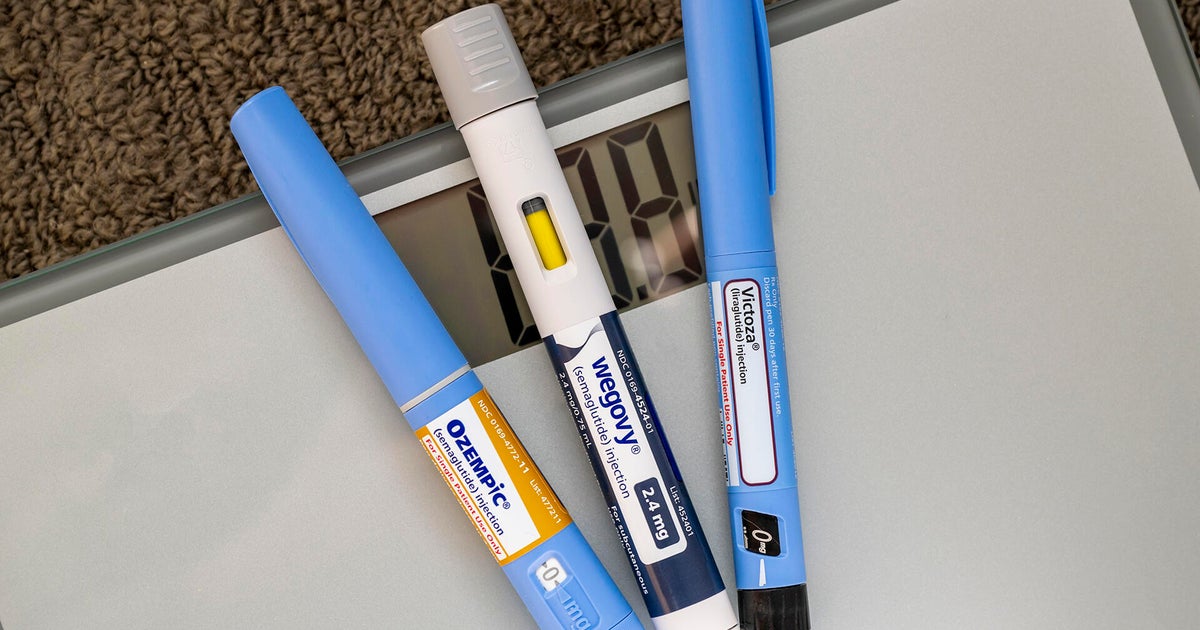Weight loss drugs have transformed how Americans lose weight, including former commissioner for the U.S. Food and Drug Administration Dr. David Kessler. But, Kessler warns there are unknowns about long-term use of the drugs and how to get people off them.
"There is no end game," he said on "CBS Mornings Plus" Tuesday. "FDA allowed these medicines out without a long-term strategy."
Kessler faced unexpected weight gain while serving in his role co-leading Operation Warp Speed, the coronavirus vaccination program at the height of the pandemic, which had him working extensive hours a day at his computer.
"I turned around and found that I was 40, 50 pounds heavier," he said. He started losing weight "the traditional way with diet," but admitted it was slow.
"I actually ended up having a kidney stone, ended up in an endocrinologist office, and he said, 'Do you want to try the new GLP-1 drugs?'" he recounted. Kessler, who was studying them at the time, agreed to try them himself.
"It's a real journey," he said. "You can reclaim your health, but there are no such things as miracle pills." Kessler explores the weigh loss drug craze in his new book, "Diet, Drugs and Dopamine: The New Science of Achieving a Healthy Weight."
The drugs have provided an opportunity to "transform our health," Kessler said, explaining that belly fat has a causal effect on health issues like cardiac disease and kidney disease. But, it's just one tool in a larger journey, he said.
GLP-1 drugs condition your brain to want less food.
"They take you to the edge of nausea. Food just stays in your stomach longer ... and when food stays in your stomach longer, you're not going to want to put more food in your stomach," Kessler said.
If you stop taking the drugs, however, "that's going to fade," and you'll likely gain back the lost weight, he said.
"The premise of the drug companies, you can imagine what they want — they want you to be on this for life," Kessler said.
Currently, there isn't data on how to get off the drugs safely or how to go back on safely.
"FDA's going to have to require that data," Kessler said. "We're just running a national experiment because we don't have the data."
Some other tools needed for long-term weight loss are learning to eat better and physical activity. Kessler said the most important thing is being under good care.
"You have to have a doc, you have to have a nutritionist, a dietitian," he said. "Not everyone ... can afford that. That really concerns me."
More from CBS News
Sara Moniuszko






